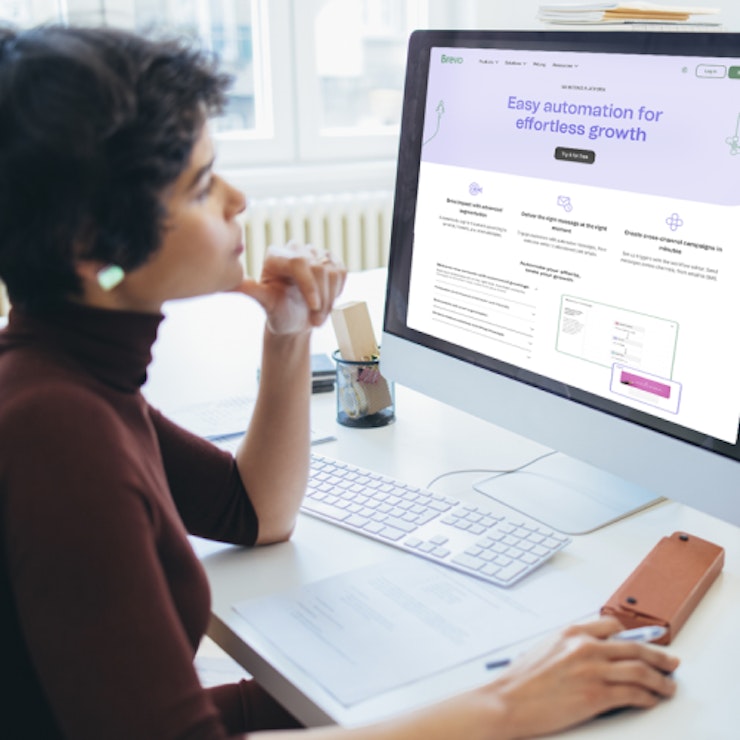
The term SPAC, or special purpose acquisition company, is showing up in headlines after celebrities like Jay Z, Shaquille O’Neal, Ciara Wilson and Serena Williams joined or participated in these fundraising vehicles in recent months. IPOs by DraftKings, Virgin Galactic and Nikola Motor were all achieved through the use of the SPAC vehicle.
SPAC IPOs raised, on average, $231 million in 2019 and $312 million in early 2020. So, what is a SPAC and what does this vehicle’s rise in popularity mean for your small business?
[Read more: What is the IPO Process?]
What is a SPAC?
Special purpose acquisition companies (SPACs) are often referred to as blank-check companies. This is because they are companies that are set up for the sole purpose of merging with or acquiring another business entity. A SPAC is publicly listed and raises funds through an IPO, and later uses those funds to acquire a new company.
A SPAC will have no established business plan and is used solely to merge with or acquire another business entity. It makes no products, has no commercial operations and does not sell anything. A SPAC raises money from investors (like Serena Williams) to go public.
“Once the IPO raises capital (SPAC IPOs are usually priced at $10 a share), that money goes into an interest-bearing trust account until the SPAC’s founders or management team finds a private company looking to go public through an acquisition,” explained CNBC.
The SPAC sponsors seek to complete an acquisition, thereby taking a company public through the merger and recouping their investment. SPAC investors can either swap their shares of the SPAC vehicle for shares of the merged company, or they can elect to redeem their SPAC shares to get their original investment back plus interest. CNBC reports that SPAC investors typically receive a 20% stake in the final, merged company.
SPACs allow private companies to go public faster than the traditional IPO process allows. It’s also a vehicle that can make going public in times of market volatility much easier.
What SMBs should know about SPACs
Why are SPACs relevant to small business owners?
If you’re interested in taking your company public, this could be a good avenue to explore. SPACs allow private companies to go public faster than the traditional IPO process allows. It’s also a vehicle that can make going public in times of market volatility much easier. “SPACs are an additional way for companies to obtain late-stage growth capital, other than through private equity or venture capital financing,” reported Forbes.
There are trade-offs to using this method, however. You may have to negotiate with SPAC investors to retain more ownership shares of the company: the sponsor team typically starts with a 20% equity in the SPAC. You’ll also need to negotiate your own role in the company, as well as any team members you want to keep on, following the merger. Remember, this is an acquisition: the SPAC investors may want to enact specific management changes after the merger.
SPACs also have certain limitations that traditional IPOs don’t encounter. For instance, a SPAC has to spend 80% of its funds on one transaction. And, as one financial expert at Tuscan Holdings noted, “You have three months to get the deal done. You need two years of audited financials and corporate governance with independent board members." Some small businesses won’t be able to meet those standards and qualify for acquisition by SPAC.
[Read more: 3 Expert Strategies for Attracting Investors]
Permanent trend or short-term speculation?
There are mixed views on whether special purpose acquisition companies have staying power. Though SPACs have been around for decades, only recently have they become incredibly popular — in part, due to the pandemic.
“[T]hey’ve recently become more prevalent because of the extreme market volatility caused, in part, by the global pandemic,” reported CNBC. “Many companies chose to postpone their IPOs (for fear that the market volatility could spoil their stock’s public debut). But others chose the alternate route to an IPO by merging with a SPAC.”
This trend is unlikely to vanish anytime soon; however, there are critics who say SPACs are “gimmicky.” “These newer SPACs increasingly feel like an inside joke for the superrich, and a way for celebrities to monetize their reputations,” said Jim Cramer, host of “Mad Money.”
The timeline restriction on SPACs also makes investors nervous. SPACs must make an acquisition (usually) within two years. This time pressure can mean that the SPAC overpays for a business, creating a bubble in the future. For small business owners, acquisition and going public is also no guarantee of long-term success: in fact, listing publicly is often when the hard work really begins.
CO— aims to bring you inspiration from leading respected experts. However, before making any business decision, you should consult a professional who can advise you based on your individual situation.
Follow us on Instagram for more expert tips & business owners’ stories.
CO—is committed to helping you start, run and grow your small business. Learn more about the benefits of small business membership in the U.S. Chamber of Commerce, here.








